Longform
📗 Books 2025, 19: In Ascension, by Martin MacInnes
It’s unusual to get a science-fiction novel that was also longlisted for the Booker, as this was. The question, though: is it science fiction?
It certainly has science: most notably marine biology. Also space travel to the edge of the solar system via a new, unexplained drive; something which might be a first contact event; possible time travel; and a kind of ascendence. In fact there’s a section near the end that had strong resonances of 2001: A Space Odyssey for me.
So yes, it’s SF. But it feels somehow incomplete. Not unfinished, except in the way you might say that about 2001 itself. It keeps the pages turning OK, but I’m not entirely sure exactly what it’s trying to achieve, and (therefore) whether it’s successful.
It tells two stories at once. And I do wonder whether MacInnes was similarly torn between his desire to write a mainstream, literary novel, and one diving deep into fantastika.
Leigh, the marine biologist who ends up on a space mission, had a physically abusive father, which not surprisingly affects much of her life. Though her sister appears not to have suffered similarly, and there are hints that Leigh is not entirely a reliable narrator. (But then again, who is?) The adult Leigh is torn between her career and her desire to visit her mother, who is showing signs of dementia.
As a marine biologist Leigh experimentally engineers algae which is intended to feed, oxygenate, and cheer up the small crew of a year- (or more) long voyage. But there’s a lot going in the background of the story, that Leigh and most of the other characters are not privy to. Secrets kept by companies and governments. We, the readers, are also kept outside the walls of secrecy.
So it’s very good at evoking the situation of someone who is a cog — albeit an essential one — in very complex machine, but who has no picture of the machine as a whole.
All of which leaves it convincing, but frustrating, especially if you’re looking for a nicely wrapped-up story.
📗 Books 2025, 18: Glory Road, by Robert A Heinlein
I had a sudden hankering to reread this old Heinlein book (even older than me, it turns out, being first published in 1963). I read it as a kid, from the library, and if I ever bought a copy it isn’t accessible now.
I searched my local library’s catalogue. No joy. But the excellent World of Books duly had an old copy or two, and one was soon here.
It is almost exactly as I remembered it, which is to say it’s a tale of derring-do, sword-and-sorcery adventure, where the sorcery is sufficiently-advanced technology. We don’t learn anything about how it works, and it doesn’t matter. It’s just a fun story, very much of its time.
The first-person male protagonist is one of those highly-capable men beloved of that era’s male American SF writers. But he is relatively lacking in self-confidence at times, which is surprisingly refreshing for the type. The female lead is mostly great, and considerably more capable than the guy, even if he doesn’t exactly realise it.
Anyway, loads of fun, and I’m glad to have read it again after all these years.
The Naked Gun, 2025 - ★★★½
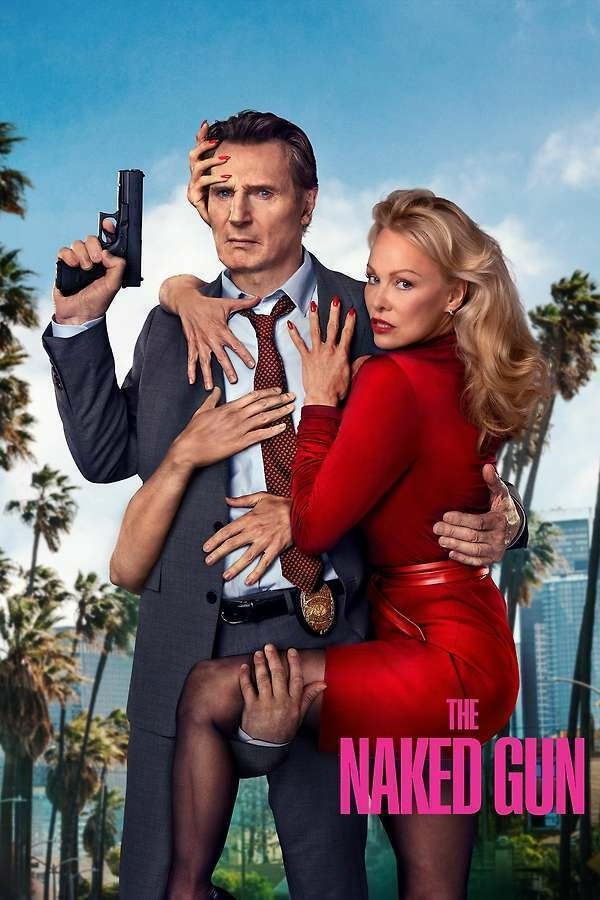
Remakes can be just as much fun as the original, it turns out. I note I gave that four stars, which seems high, but you know how it is: we award these things in the moment.
Anyway this new version updates the old without losing any of its zany charm and laugh-out-loudness. Well worth a couple of hours of your time.
The Ballad of Wallis Island, 2025 - ★★★★½
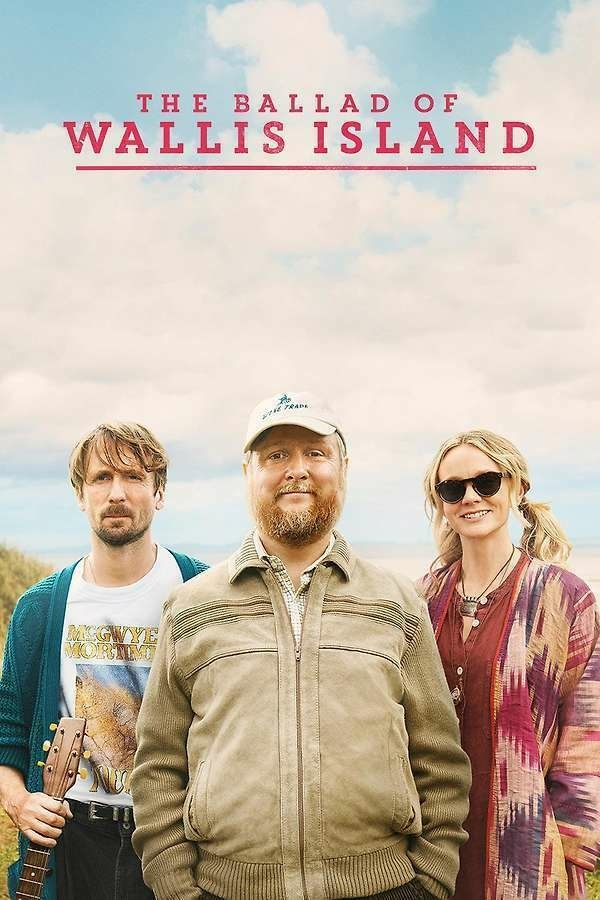
I forgot to write about this when we saw it a couple of weeks back. I went in knowing nothing about it but the basic setup: rich guy invites faded, formerly popular, folk duo to his island for a private gig.
I didn't even know it was a British film. The above description gives kind of Glass Onion vibes when you tell it to people, but this is nothing like that. It's much more gentle and charming and sad yet happy.
The music's great too. Highly recommended.
📗 Books 2025, 17: Theophilus North, by Thornton Wilder
The roaring twenties, told from the seventies, and read in the… unroaring twenties? Much better than that famout novel set in the twenties.
📗 Books 2025, 16: The Cracked Mirror, by Chris Brookmyre
The new Chris Brookmyre is a detective story in multiple genres, you could say.
📗 Books 2025, 15: To the Lighthouse, by Virginia Woolf
In which I talk whimsically about a modernist masterpiece.
📗 Books 2025, 14: The Final Empire, by Brandon Sanderson
This is the first book in the Mistborn series, and I saw in a bookshop the other day that it’s now published just as Mistborn. Which is more sensible. I can’t help but imagine some potential readers were put off or confused by that ‘final’ in The Final Empire.1
My son basically made me read this. He’s a Sanderson fan and I had read none. He (my son) also told me Sanderson wanted to write a fantasy where the good guys had lost. Like what would have Middle Earth been like if Frodo and Sam had failed on their trip to Mordor? Sauron would have got the one ring back and basically been all-powerful.2
So this is basically that, with quite a different setup. The empire is ‘Final’ because it has lasted a thousand years or more and is never expected to end. Most people live as peasants, near slaves, and few noble houses are allowed to exist because the empire needs trade and internal tensions and what have you. The emperor — The Lord Ruler, as he’s known — is basically all-powerful, invulnerable. He’s said to have survived various assassination attempts up to and including a beheading. Which seems… wildly improbable, but hey, this is fantasy.
But some people — the titular Mistborn, and others — have special abilities, and there are pockets of resistance.
Sanderson writes a good enough page-turner, but I don’t know if I’ll be going on with the series. First of all there are just too damn many. But more importantly, and surprisingly, this first book is actually quite a complete story, with an ending. Sure, it’s a reasonably open ending, with hints of the kind of troubles the characters are going to face, and so on. But if there were no more books, you wouldn’t feel unsatisfied to leave it there.
And I don’t care enough about any of the characters to want to invest my time in it. Which is probably its biggest weakness. I even left it at home when we went on holiday to Canada recently. I was about 100 pages from the end and didn’t want to have to pack such a huge book that I would probably have finished on the flight over. Which is not how I’d have treated The Lord of the Rings back in the day, just to give one example.
Clue, 1985 - ★★★½
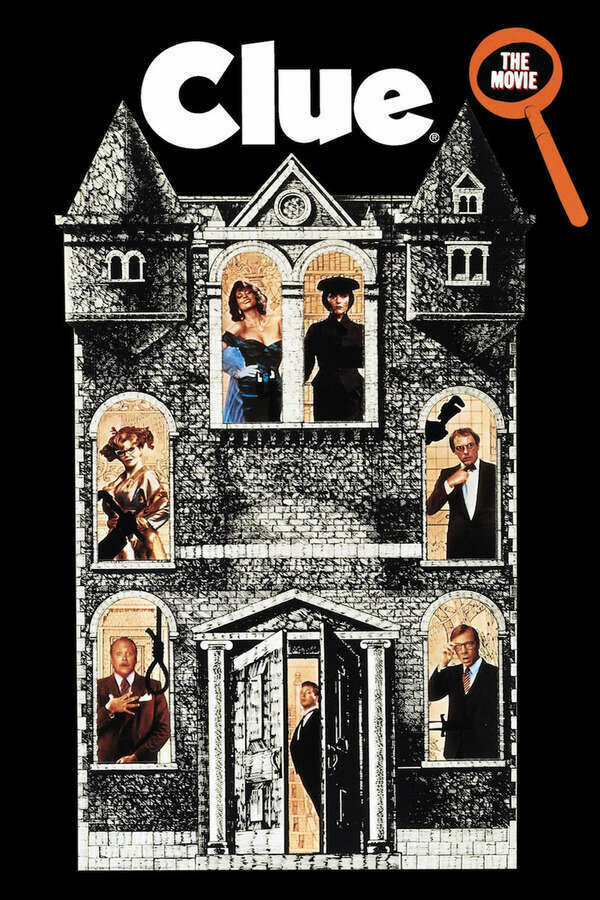
This was daft, but quite fun. A film based on a board game. Specifically on Cluedo. Which in America, strangely, seems to be called 'Clue'. Why would you not use such a great, clever name as 'Cluedo'? Unless they don't have Ludo there? But that seems impossible.
Anyway, it's probably the second-best thing I've seen Tim Curry in. Hmm, he was in Times Square, wasn't he? I remember enjoying that, but not much about it.Right now I'd have to but this ahead of it. He plays the butler, and since one couple turn up in the same car, and it's a stormy, rainy night, I was getting serious Brad & Janet vibes. I was disappointed when they had an umbrella on getting out of the car, instead of a newspaper.
Anyway, the writers had to struggle a bit to fit the conventions of the game into an actual story, but they did OK. There are shenanigans, murders, betrayals, multiple endings. All in all, not bad.
📗 Books 2025, 13: No Great Mischief, by Alistair MacLeod
This was published in 2000, and my partner’s parents gave it to me that year or the next. I have a vague feeling I also knew about it from somewhere else. Maybe just saw it in a bookshop and thought it looked interesting. Either way, I never got round to reading it till now.
It’s the story of a Scottish family — clan, almost, and certainly they’re referred to that way in the Gaelic terms that pepper the book — that migrated to Canada some time after Bonnie Prince Charlie’s 1745 uprising. It’s simultaneously the history of that migration, and the story of a present-day descendent of the family, now a successful orthodontist in Ontario; and his older brother who is in less successful circumstances. And most of all, of how they came to be that way.
I decided, since we were taking a trip to Canada, that now might finally be the time to read it. I started it on the way to the airport, but I don’t think I read any while we were still over there.
I’ve finished it now, though, and it’s pretty good. Nice use of parallel storylines, various bits about Scottish history and modern-day (well, actually the modern parts are set in the 80s) Toronto, and so on.
MacLeod came up in conversation while we were over. Not apropos of this; I just recognised the name. He was mentioned as a poet, I think, and I believe that’s how he’s better known. Still, he’s a decent novelist too.
Persuasion, 2007 - ★★★
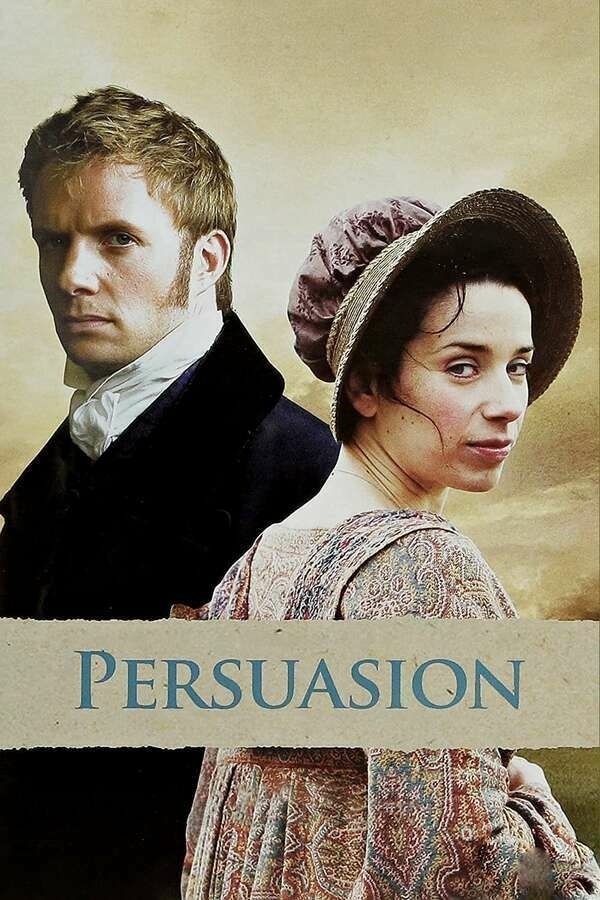
Decent Austen adaptation. I haven’t read the book, which, I understand, many say is her best. I thought the ending fell a bit flat.
Crucial Track for 18 June 2025: How Was it for You?
"How Was It for You?" by James
Share a song that makes time feel like it's standing still.
I’m not sure this exactly fits the bill, but a chat at work today led me to play James’s Gold Mother for the first time in a while, and ‘How Was it for You?’ had me waving my arms in the air like I just didn’t care, or like I was back at the Brixton Academy in 1990 or so.
Sneakers, 1992 - ★★★½
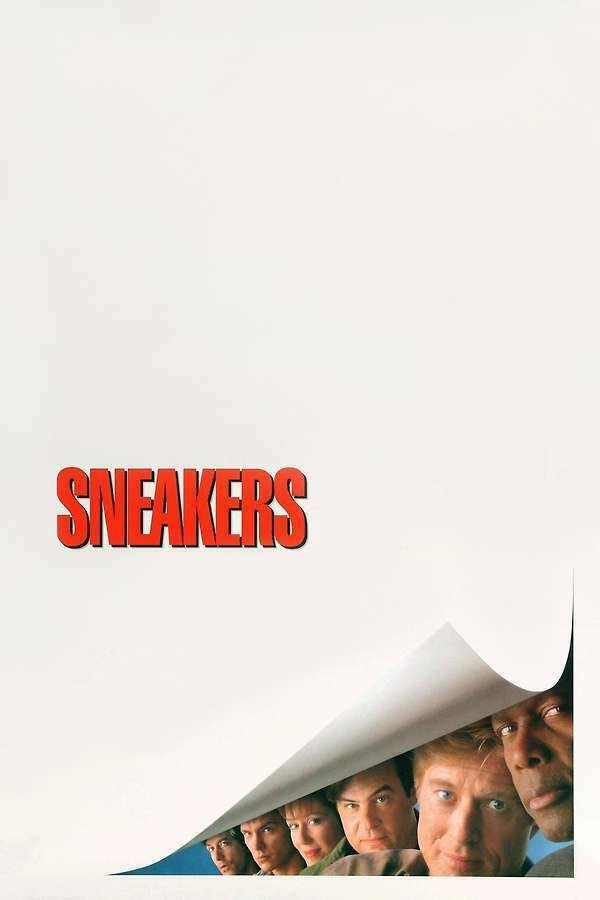
Watched this on the return flight from Canada home. I feel like I’ve been hearing about it for years, as a not-bad early hacking/cracking type of thing.
Which is basically what it was, with an element of heist movie thrown in. Pretty good.
Everything Everywhere All at Once, 2022 - ★★★★½

After watching this in Paris with French subtitles, I finally managed to see it again. This time on a plane to Canada.
It holds up really well on a second viewing. The Air Canada seatback screens were pretty good. And this time I was able to get all the jokes and nuances in the non-English parts.
I love this film.
Farewell, My Lovely, 1944 - ★★★½
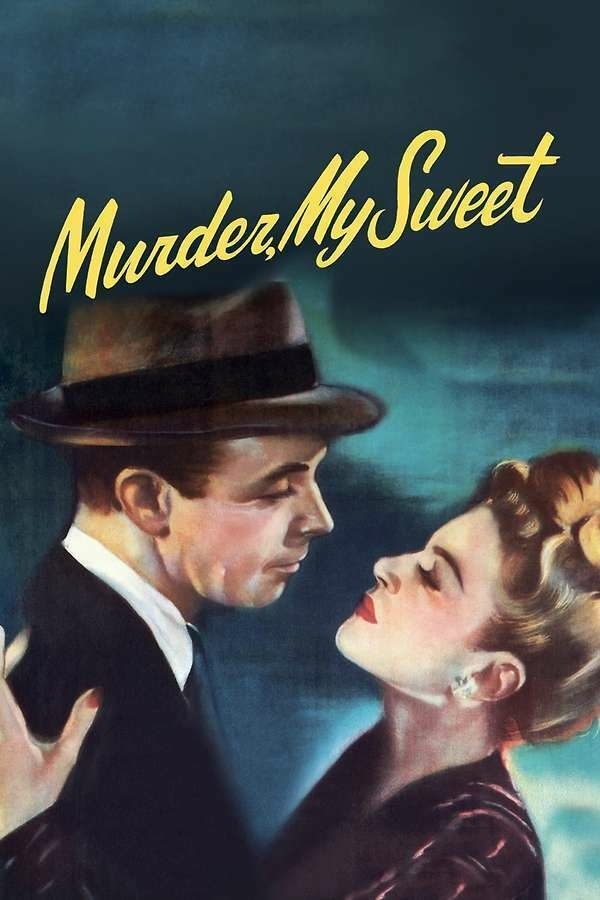
This appears as Murder, My Sweet, on Letterboxd, TMDB, and IMDb, but is actually Farewell, My Lovely. Apparently it was re-titled for the US market back in 1944, because there was a musical with the original name.
The original being, of course, one of Raymond Chandler's novels about the private detective Philip Marlowe. This is a really good adaptation, with what sounds like most of Chandler's dialogue (I mean, why would you change it?).
It's proper, classic noir. But/and there's a scene where Marlowe is captured by the bad guys, drugged, and interrogated, that feels more like the mind-control paranoia of sixties films like The Ipcress File. The visual ideas for suggesting that kind of thing go back a long way, obviously.
📗 Books 2025, 12: The Age of Wire and String, by Ben Marcus
This is a strange wee beastie. The edition I have was published in 1998, and I must have bought it then or not long after. I vaguely remember reading a bit of it and finding it amazing, really powerful. And I obviously started it, because I had a bookmark in it, a few pages in.
But every time I’ve had a look at it since, it hasn’t really grabbed me. Until recently, when I started it again.
And… I’ve no idea what I saw in it back then. It’s a work of surrealism, but it’s just wilfully obscure. Every sentence is grammatically and syntactically sound, but semantically meaningless. It purports to be a catalogue or almanac of a society, with sections titled ‘Sleep’, ‘God’, ‘Food’, and so on. And within them chapters, or short stories, called ‘Sky Destroys Dog’,‘Ethics of Listening When Visiting Areas That Contain Him’, ‘Hidden Ball Inside a Song’.
It can be strangely compelling in places, almost reaching the level of poetry. But mostly it’s a bit of a chore to get through. If I hadn’t had it and kept it so long I probably wouldn’t have bothered.
A very curious work.
📗 Books 2025, 11: Blitzkreig Bops, by Alli Patton
I picked this up at a stall at the local market a few weeks ago. It’s a slim volume, taking its title from the Ramones’ song ‘Blitzkrieg Bop’, and subtitled, ‘A Brief History of Punks at War’. Alli Patton is a music journalist from the southern US and this slim book takes a look at how punk, from the 70s through to the 20210s, has been used to resist war, and call for peace and justice.
She starts with Stiff Little Fingers and the Troubles in Northern Ireland, and moves on through apartheid South Africa to Chile during Pinochet’s regime and punk bands in East Germany during the Cold War.
And then beyond that, decade by decade. There are always wars and oppression, and it seems there are always punk bands resisting and calling for peace.
Worth a read, and she includes a YouTube playlist of some of the artists she covers.
Waiting for Yellow Ribbons
Bemoaning the state of search-engine results leads, by way of some old songs, to the state of part of the Middle East.
Paddington in Peru, 2024 - ★★½

Has its moments, but let's face it. Paddington is inherently funny because he's a bear in London, out of what should be his native habitat. When you put him back into what should be his native habitat, it just loses something.
London Town, 2016 - ★★½
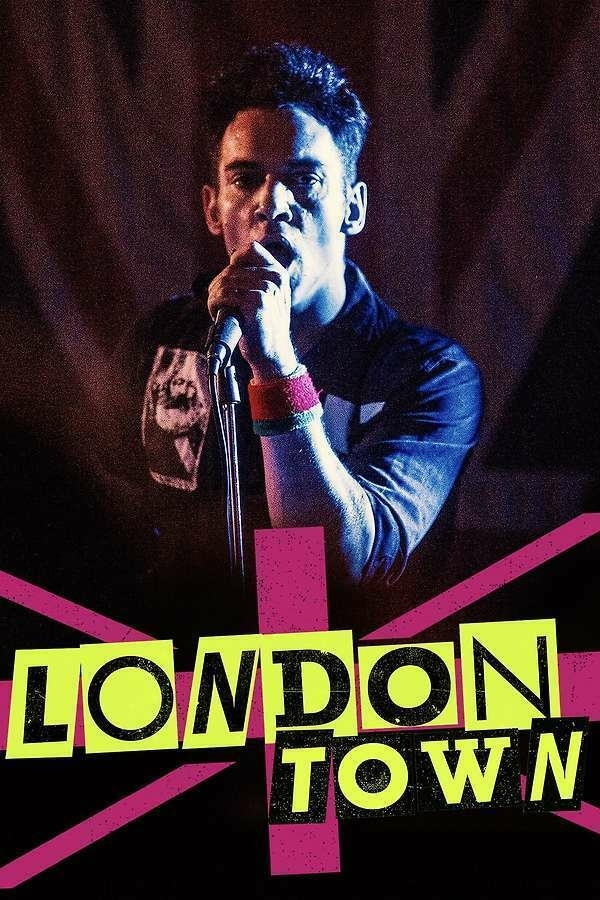
I'm not, honestly, sure this deserves even the two-and-a-half stars I'm giving it. It's a daft story, but it gets extra marks from me for its Clash connection.
It's 1978. A 14-year-old boy lives in Wanstead with his dad and six-year-old sister. Their mum has left and is living in London's squatting scene, trying to make it as a singer. She sends the boy a tape of the first Clash album. It somehow later becomes the record and has '(White Man) in Hammersmith Palais' on it, which it the first album didn't. (The US version might have, but that's not what he's got.)
That's far from the most absurd thing. After the dad gets injured by a piano (which isn't absurd, as he runs a music shop and was delivering it) the boy tries to keep things together for his sister.
In so doing he — and here is the real absurdity — learns to drive and starts driving his dad's black cab, taking fares and avoiding the cops.
Yeah, I know. He picks up Joe Strummer one night. Obviously.
Honestly, it's daft as a brush. I quite liked it, but mainly for the music.